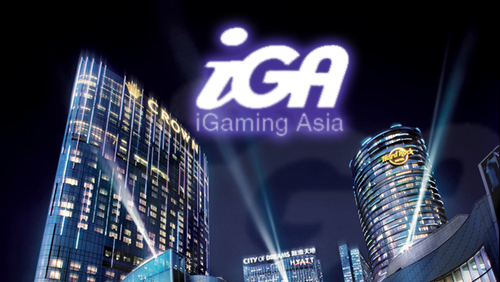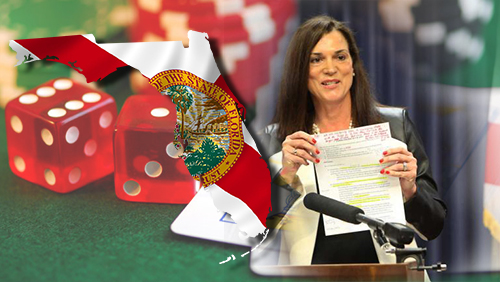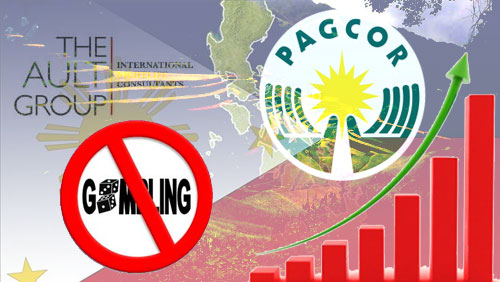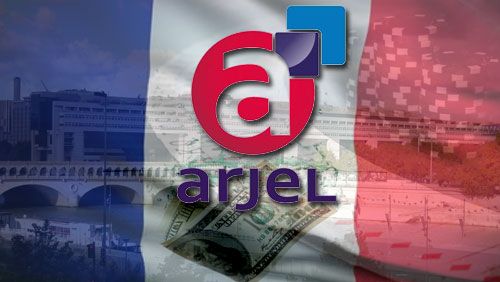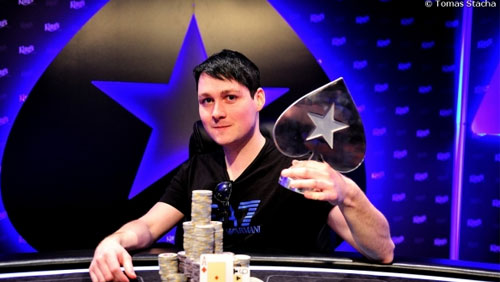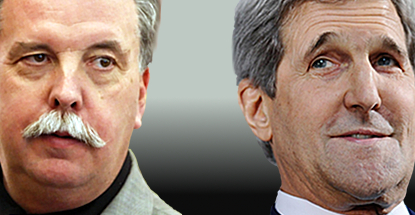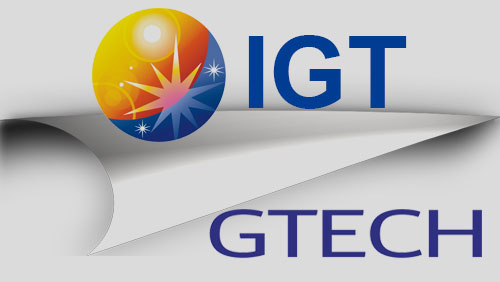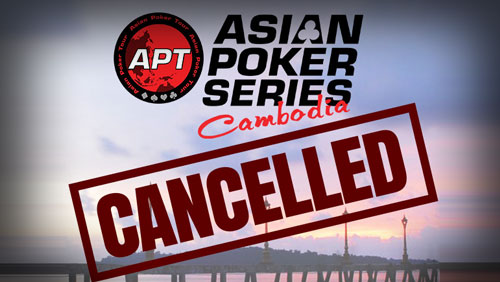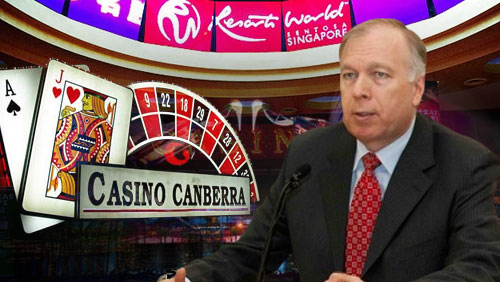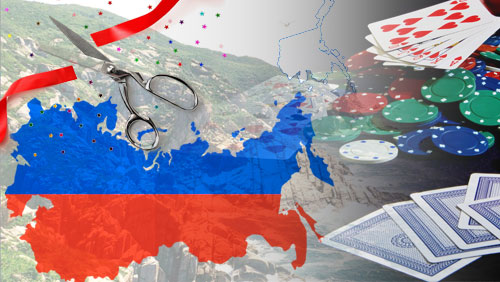Depending on your timeframe, 888 is either a great investment or a stagnant waste. Taking the long term view, the company at IPO was valued at £590Mm or $1.04B at the time. Today it’s only £567M, or $871M. So if you bought the IPO, you’re down 4% in GBP, or an even worse 16% in USD. Of course if you got in during 2011 you’re way up.
But in case you bought the IPO, don’t let a petty capital loss fool you (or in the case of USD, not so petty). 888 is in ship financial shape. In fact, I will go out on a limb and say that it is the most financially responsible publicly traded gambling company in the world. That doesn’t mean you’ll necessarily make more money trading it or holding it than any other company, or that it won’t go down in times of market stress. What it does mean is that it is the defensive gaming stock par excellence, as safe as a gambling stock can possibly be, what with being subject to the whims of politicians that can certainly wreak havoc on the entire industry on a dime after suffering from a fit of in-your-face double-standard morality preaching.
So if you’re in your 20’s or 30’s and you’re looking for a place to park some money for decades and take it out when you’re 65 if the world still exists (it probably will) and politicians don’t completely gut the gaming industry for lack of “public funds” (more possible), then 888 is your pick. Why?
Simply this: As I mention repeatedly time and again, the world is in a serious debt problem that only gets worse by the day. Interest rates are headed up, and when they do, companies in significant debt will be in serious trouble and may have to be liquidated. Usually when analyzing a company’s finances, a debt to equity ratio of below 50% I consider low, but even at that level, a significant and fast rise in interest rates will do serious damage to a company’s bottom line.
With 888 however, the situation is literally turned on its head. 888 not only has no debt whatsoever. It is actually a net creditor. Not on a grand investment bank level for sure, but still it puts excess funds into interest bearing accounts in Britain. Basically, it means that while other companies – those with high and low debt together – will be at least struggling if not bankrupted by rising rates, 888 will actually benefit by a rise in interest rates. This is something you have to read to believe: (page 86)
The Group’s exposure to interest rate risk is limited to the interest bearing deposits in which the Group invests surplus funds. The Group’s policy is to invest surplus funds in low risk money market funds and in interest bearing bank accounts. The Group arranges for excess funds to be placed in these interest bearing accounts with its principal bankers in order to maximise availability of funds for investments. Downside interest rate risk is minimal as the Group has no floating rates borrowings. Given current low interest rates a 0.5% downward movement in bank interest rates would not have a significant impact on finance income for the year. However, a 0.5% increase in interest rates would, based on the year end deposits, increase annual profits by US$0.4 million.
How did this happen? Well, at the risk of stereotyping, (but it’s OK in my case because I’m a Jew), the founders and majority owners are all Israeli Jews. Apparently, people say Jews are good with money. Sometimes I guess. In this case it’s certainly true.
